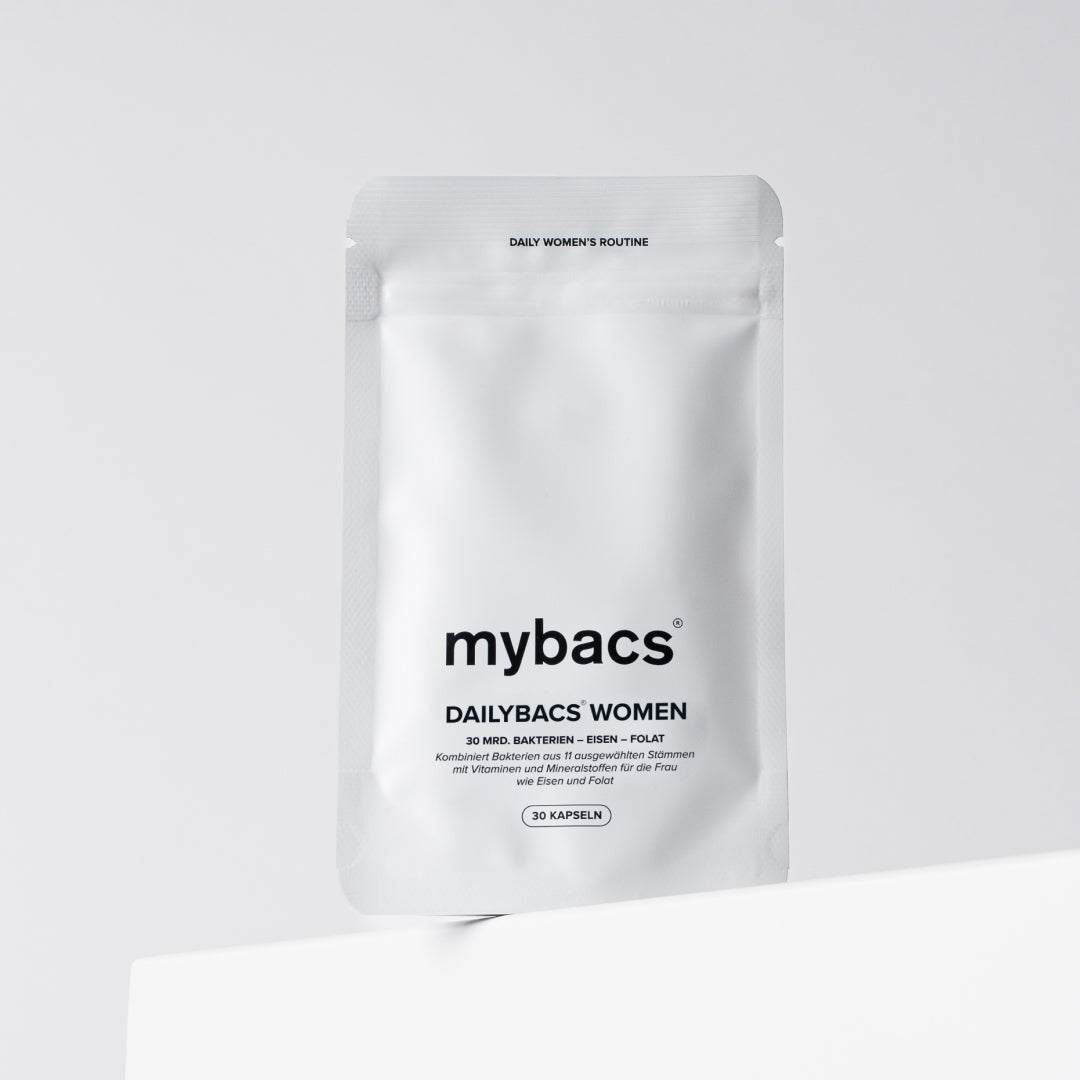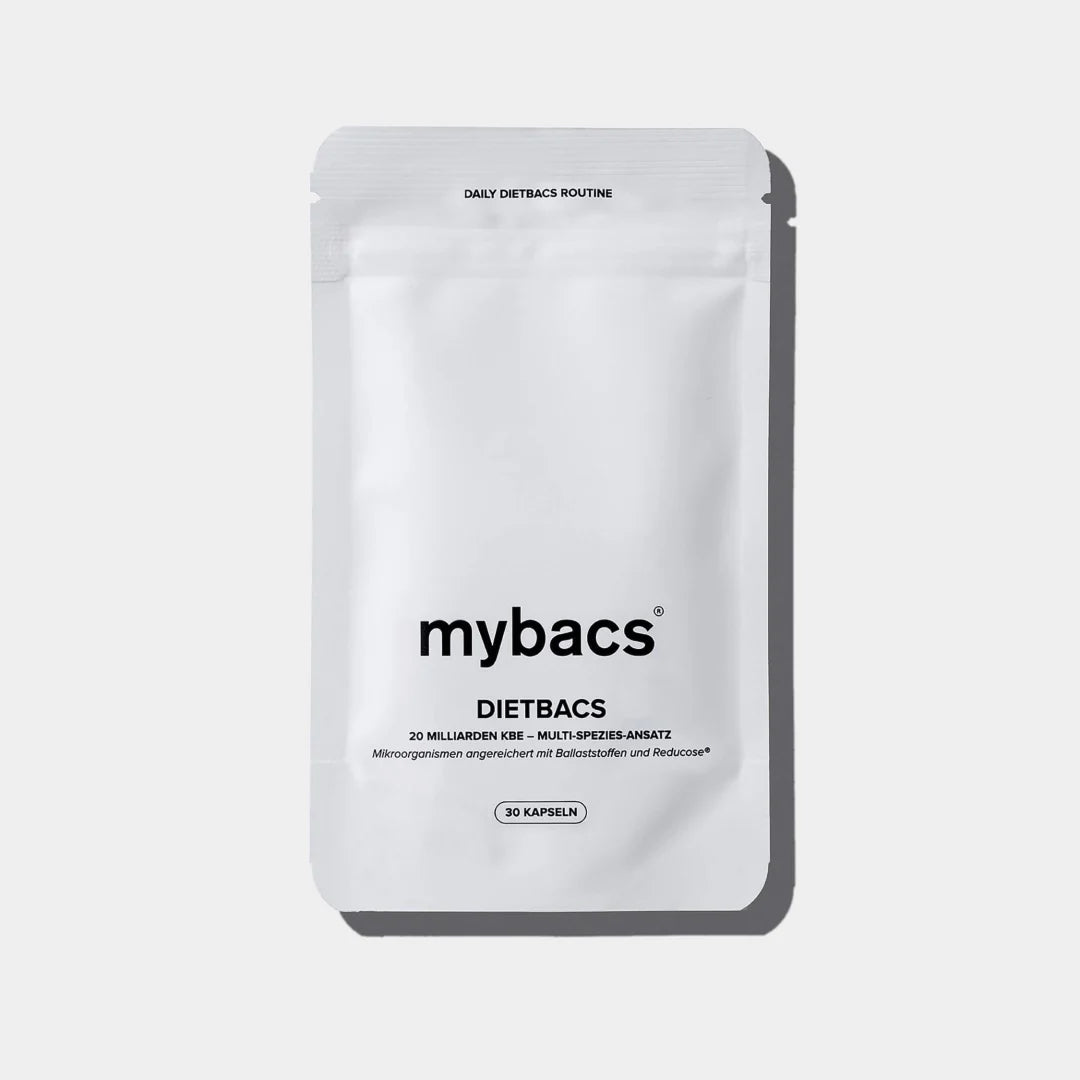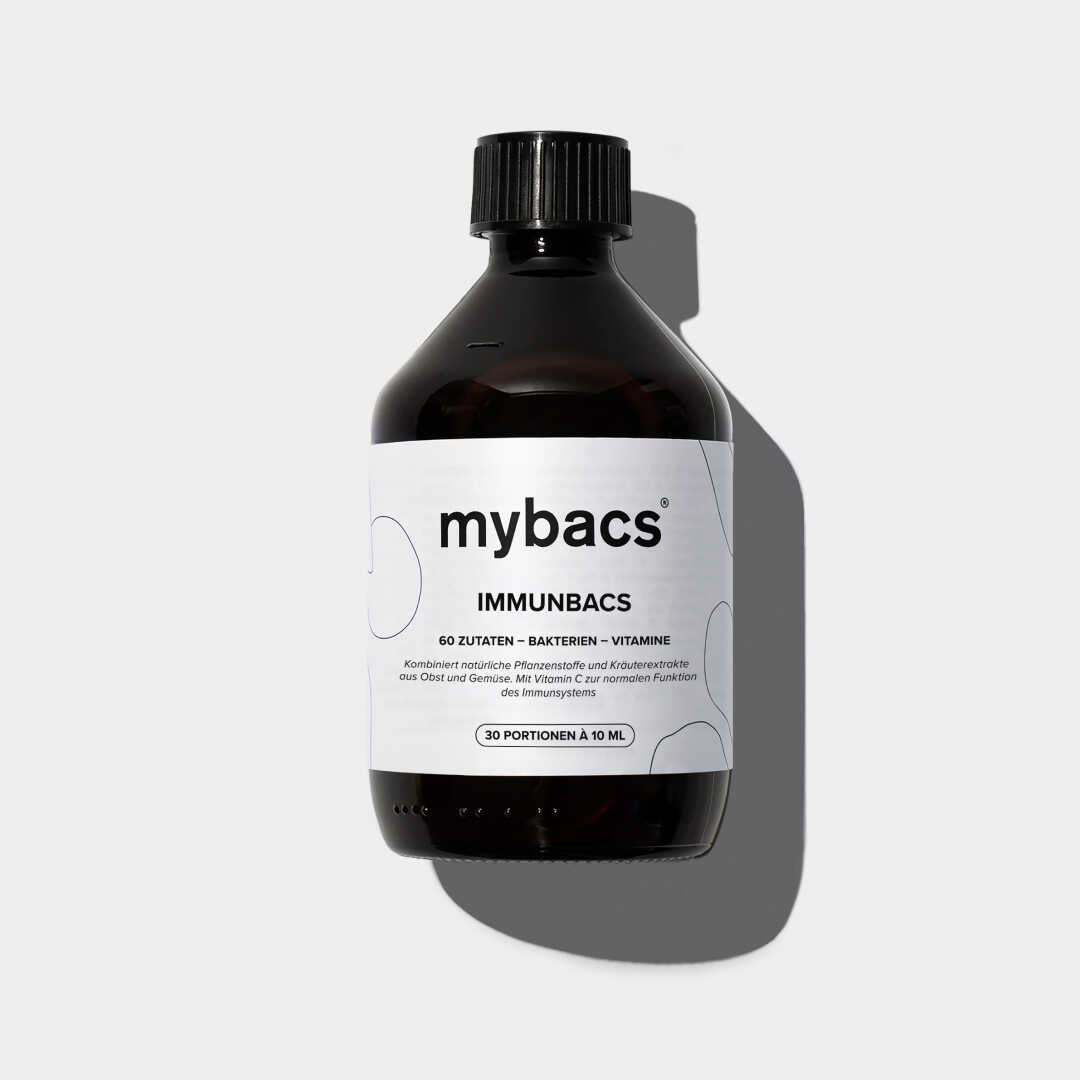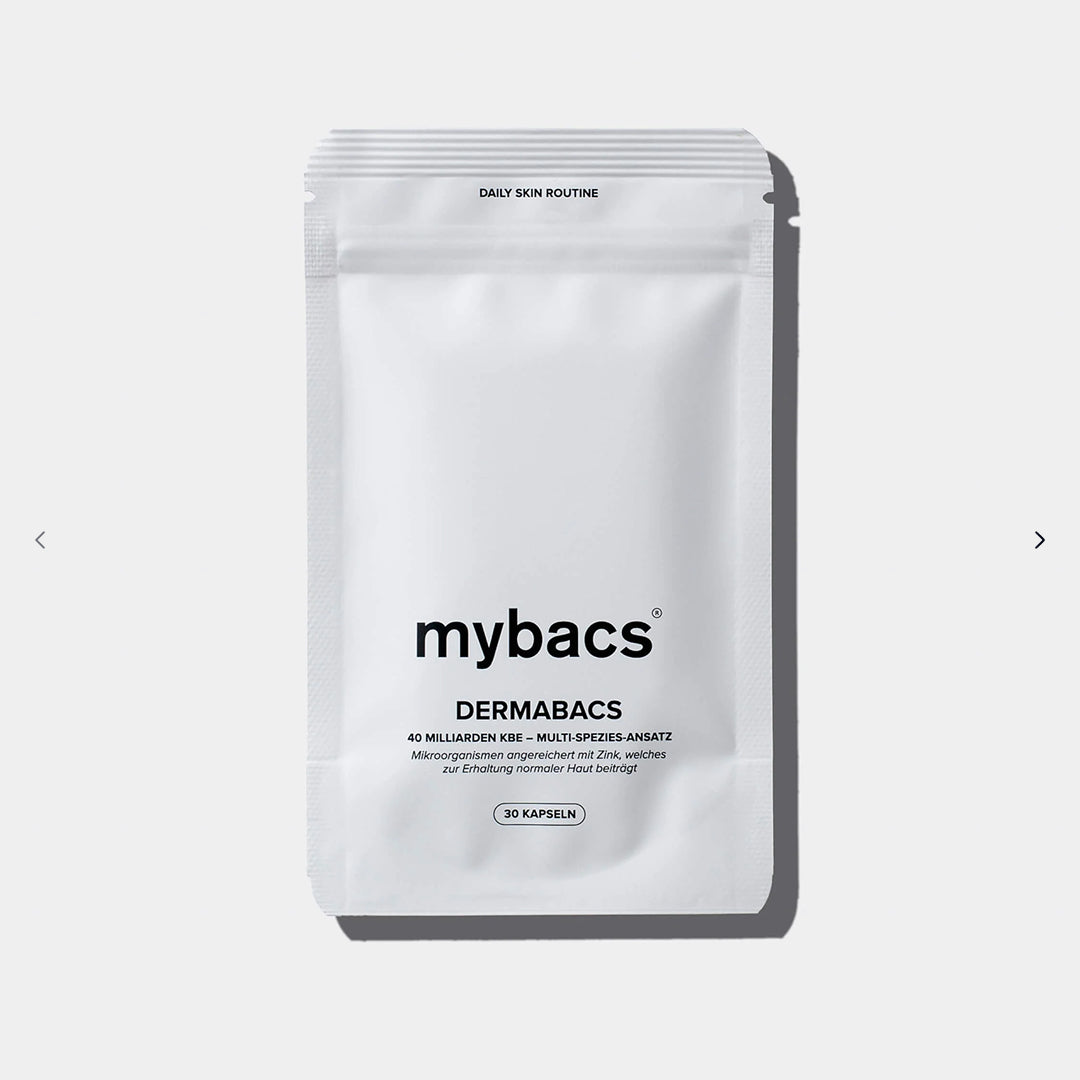Causes of digestive problems and tips for healthy digestion abroad: What you should definitely pay attention to when abroad in order to keep your digestion in balance and prevent digestive problems caused by foreign bacteria.
Causes of digestive problems abroad
Whether you are on a business trip, on holiday with the family or backpacking around the world, bacteria such as Escherichia coli species, Shigella and Salmonella are common causes of digestive problems. They lurk everywhere and can quickly make the planned trip unpalatable. Risk regions such as Latin America, Africa and Asia in particular can place a great strain on the body.
Every year, 80 million travelers suffer from digestive problems abroad. The reason why these problems mostly only occur in travelers is that the intestinal flora of the locals is already adapted to the pathogen profile specific to the respective region. In the following section you will find useful tips that will help you greatly reduce the risk of digestive problems abroad.
Prevention and Tips
1. “Cook it, peel it or forget it” in German: “Cook it, peel it or forget it!”
This rule of thumb can help you avoid the biggest risk factors that lead to digestive problems and should therefore be strictly adhered to. The following foods should always be avoided:
- raw vegetables
- Salad and salad dressings with mayonnaise
- raw egg dishes
- cold buffets
- ice cream
- raw fish & seafood
Nevertheless, you should still make sure to consume enough fiber, for example in the form of cooked vegetables, whole grain products and brown rice.
2. Tap water
Not only should you avoid drinking tap water, but you should also avoid ice cubes in high-risk areas. When ordering drinks, be sure to tell the waiter to leave out the ice cubes or make sure that they were made with bottled mineral water to avoid unnecessary digestive problems.
3. Brushing teeth & showering
When brushing your teeth and rinsing your mouth, it's easy to forget about the contaminated tap water. Therefore, use bottled mineral water to brush your teeth and do not rinse your mouth with tap water. When showering, you should also always be careful not to get tap water in your mouth.
4. Hygienic measures
Washing your hands frequently and thoroughly with soap helps protect the body from germs. You should wash your hands thoroughly, especially after short trips and when returning to your hotel room, and ideally disinfect them with disinfectant. Infections and pathogens are usually transmitted through contact and can cause unpleasant digestive problems. Try to avoid rubbing your hands in your eyes or mouth, as this can allow unwanted pathogens to enter your body.
5. Probiotic intestinal cultures
In addition to the measures listed above, there is the possibility of strengthening digestion with probiotic foods. Yoghurt, kefir, sauerkraut and miso are good examples. If these foods are not a regular part of your daily diet, you can use nutritional supplements. These can be taken either as preparation before departure or to strengthen you during your trip. For optimal preparation, it is a good idea to seek professional advice from a pharmacy.






